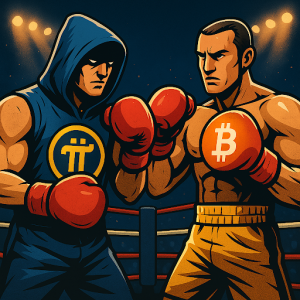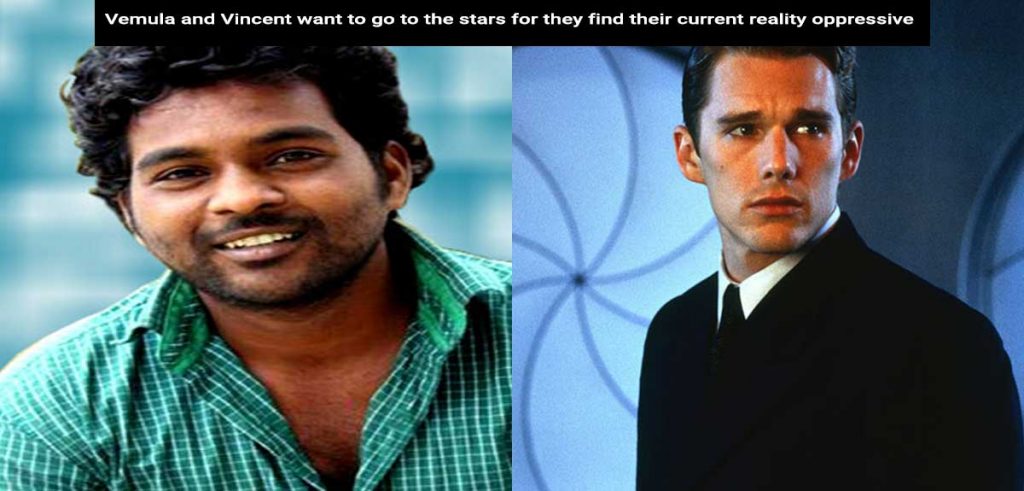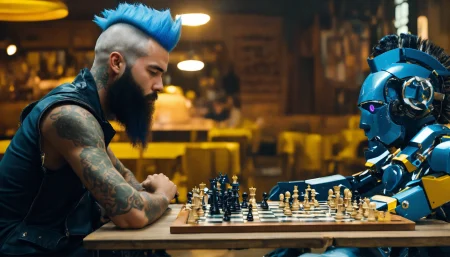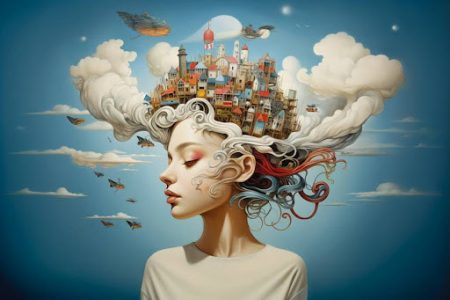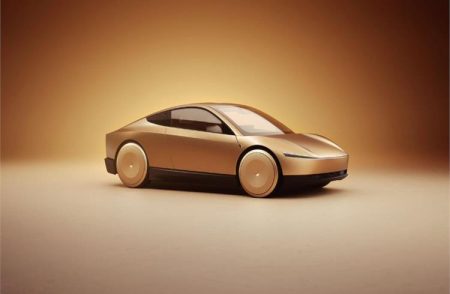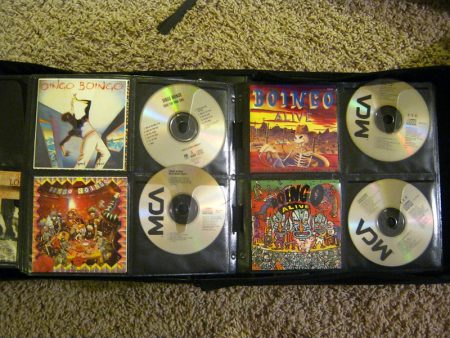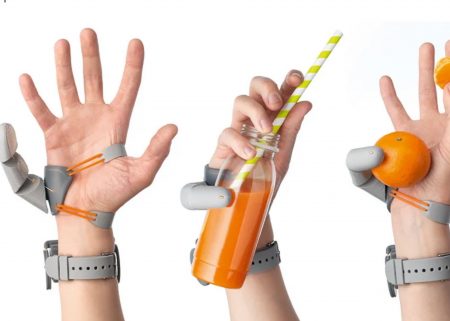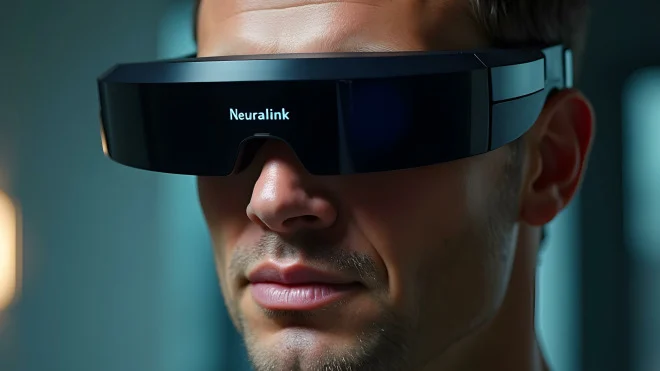25 years after it was made, most things depicted in GATTACA have become reality writes Satyen K. Bordoloi as he finds strange parallels of the film’s world with the caste system
Nobel Prizes have been tacit oracles for our future. If you look at those awarded in the last few years – especially the one given to CRISPR – you won’t be wrong in thinking we are heading big into genetically modifying humans.
CRISPR is a method to cut-copy-paste genes into DNA. What nature takes millions of years to do, we can do near instantly. While the digital revolution radically altered how we do things, CRISPR threatens to revolutionize us – giving us the power to alter living things like we alter digital files.
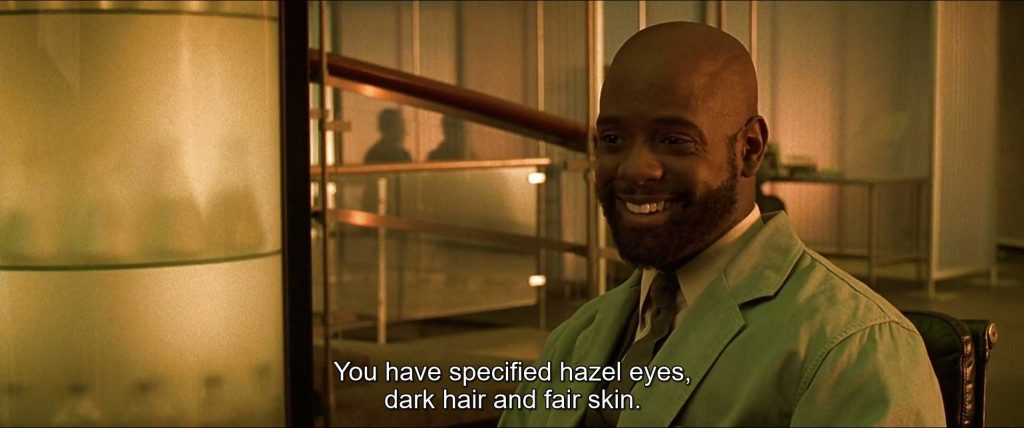
This is such a powerful tool that it begs to ask the question: does nature want us to? That is where one of the greatest sci-fi films ever made – GATTACA – released exactly 25 years ago today – begins with: a quote by Willard Gaylin goes: “I not only think we will tamper with Mother Nature, I think Mother wants us to.”
The Horror of Gene Editing
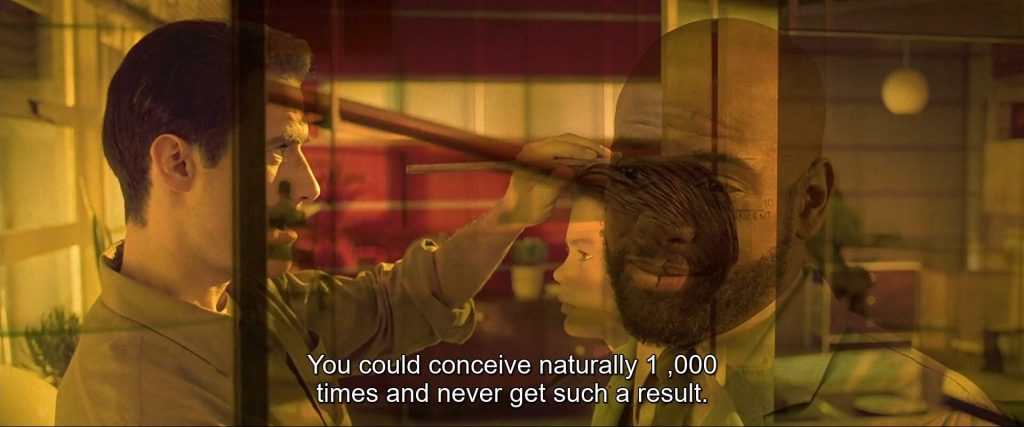
GATTACA is unlike most sci-fi films out there. There are no special effects, fight sequences, fancy gadgets etc. Indeed, the world is so normal it is almost boring. But behind this simple, structured world lies a terrifying secret: its foundation is based on gene editing.
Like very few babies today are born without cesarean delivery, in GATTACA’s world very few are born without genes altered before birth to both give them desirable features or have diseases eliminated.
Many things shown in GATTACA have come true: electric cars and how they’re charged and sound, smartwatches you can make calls with, solar energy, assembly line of space missions flying off to the far corners of the solar system etc. But the scariest one with far-reaching consequences is designer babies. Scary, because you ask: what happens to people who have not had their genes altered? The answer is the protagonist: Vincent Freeman. Though named so, he is not free.
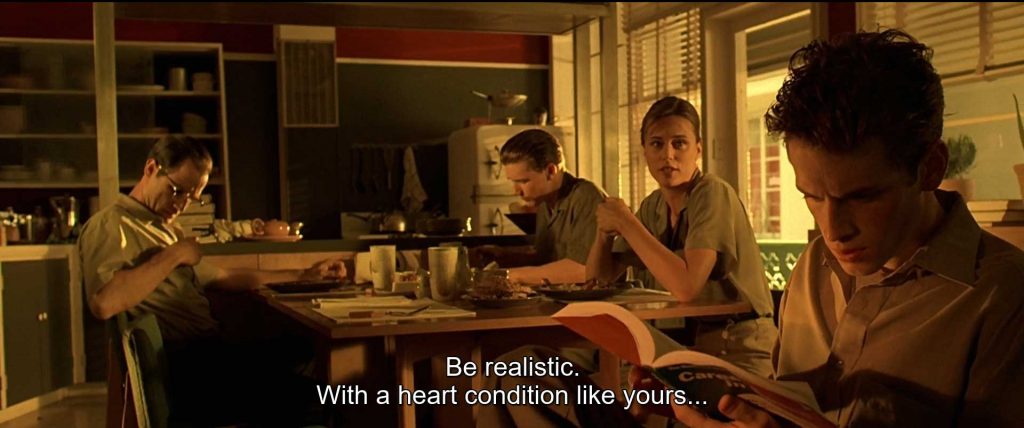
He is conceived normally i.e. his parents made love and let chance take over rather than trust their ‘local geneticist’. Barely a minute into his birth, a blood drop is taken and dropped into a machine as a nurse reads out that Vincent has a heart condition and a life expectancy of just 30 years.
The shocked parents correct their mistake when they decide to ‘make’ a brother for Vincent. They specify the features they want – hazel eyes, dark hair, and fair skin, and the local geneticist takes the liberty of eliminating any diseases and chronic conditions leaving nothing to chance. The boy born is so perfect his father feels proud to lend him his name, something he did not do for Vincent.
Sify Technologies – ICT Service Provider
Except, the younger brother Anton is not born with the desire to do anything great with his life. Vincent is. He longs to become an astronaut and go to space. And though he does not even get admission to school because he has conditions and his life expectancy is just 30 years, he teaches himself. However, no matter how much he lies about his genetic makeup, all one needs to discover the truth about him is to take some of his DNA from a fallen hair, the saliva he used to lick the cover of his application, a glass he drank from, a doorknob he touched, and get it tested.
It is like Vincent says, “I belonged to a new underclass no longer determined by social status or by the colour of your skin. We now have discrimination to a science.” The only way that Vincent can see the inside of a ship, as his father says, is by cleaning it. And that is how he indeed begins; as a cleaner. It is a world where it is “illegal to discriminate – genoism – it is called, but no one takes the law seriously.”
This is the discrimination that Vincent is up against: one man against a perfect system that tolerates no loopholes. This scary world is already here thanks to CRISPR.
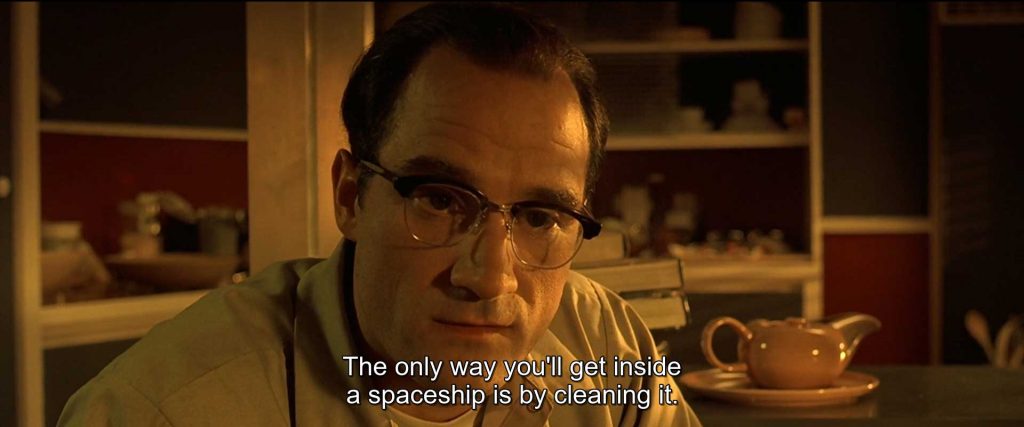
In November 2018, He Jiankui – a Chinese biophysicist – led a team in Shenzhen to use CRISPR to edit DNA in a human embryo thus creating the world’s first designer baby paving the way for a GATTACAesque world. However, he was sentenced to 3 years in prison for “illegal medical practice” after the world raised a hue and cry about its ethical concerns.
GATTACA is this ‘ethical concern’ the ‘statutory warning’ label before gene editing as it highlights the social impacts of such a world.
Caste System
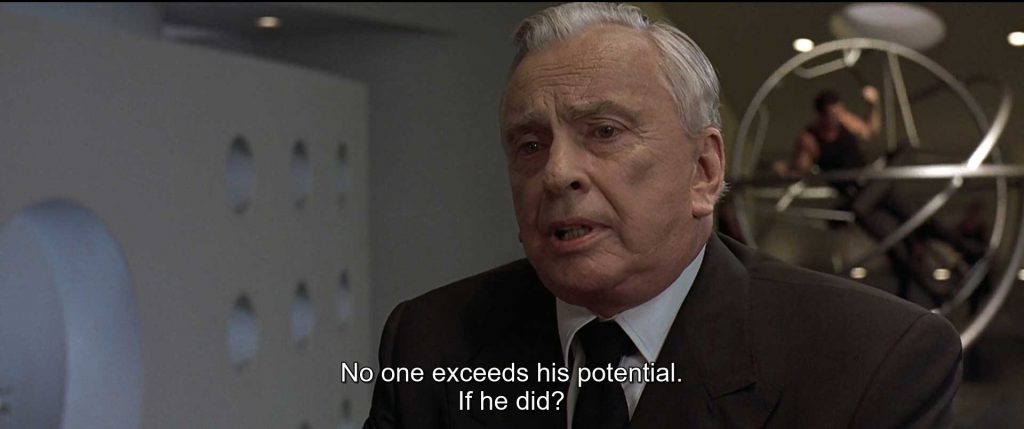
“The value of a man was reduced to his immediate identity and nearest possibility. To a vote. To a number. To a thing. Never was a man treated as a mind. As a glorious thing made up of stardust. In every field, in studies, in streets, in politics, and in dying and living.” You’d think these words came from GATTACA, instead, they are from the suicide note of Dalit PhD scholar Rohith Vemula.
Vemula further writes, “If there is anything at all I believe, I believe that I can travel to the stars. And know about the other worlds,” eerily echoing the last words of GATTACA where Vincent after being sent into space says, “They say every atom in our bodies was once part of a star. Maybe I’m not leaving. Maybe I’m going home.”
GATTACA is thus a film not just ahead of its times but is also rooted in our times, strangely talking about things it did not wish to talk about like casteism which writer-director Andrew Niccol was not writing about.
The ‘genoism’ of GATTACA is nothing but the Indian caste system on the steroid of science or Hitler’s eugenics of the perfect Aryan race he used to cause the death of 40 million people by causing World War II. The term non-genetically-modified humans like Vincent are called by in GATTACA – ‘in-valid’, is no different from the ‘untouchable’ tag people with ‘lower castes’ are given in India.
GATTACA also shows caste privilege and pride like few have. E.g. when a disabled Jerome says, “Jerome Morrow was never meant to be one step down on the podium.” That is exactly what those of their higher castes are pumped with from childhood: that their ‘superior’ caste status ensures they are better than everyone else. Not their dreams, desires, or hard work but caste in India and genes in GATTACA.
A Perfect Film
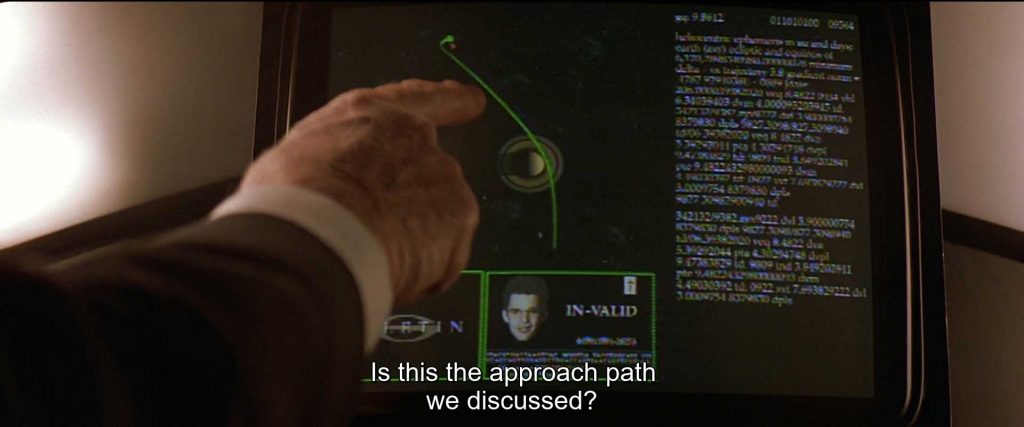
But beyond it all, GATTACA is an inspiring film, about fighting the odds and never giving up. It is filled with so many quotable quotes that an entire meme factory has come up around it. When his genetically superior brother asks how he – a genetically inferior being beat him in swimming (as a metaphor for life), Vincent replies: “I never saved anything for the swim back” or lines like “There is no gene for fate.”
Cinematically the film is a masterclass in writing, direction, and editing. There is nary an extra word nor an extra frame that does not fit into the film or one you can take out. It is poetry in motion, a work of art, a perfect package.
GATTACA thus also becomes a lesson for people in the digital age where despite having things so good – ease of shooting, storing, editing – most films today are distractingly obese with excess fat in dialogues, visuals, music etc.
GATTACA asks the oldest, most fundamental question: what is it to be human? Is being a human, being perfect? GATTACA vehemently replies in the opposite that it is actually our imperfections and the dreams that emanate from them that make us human.
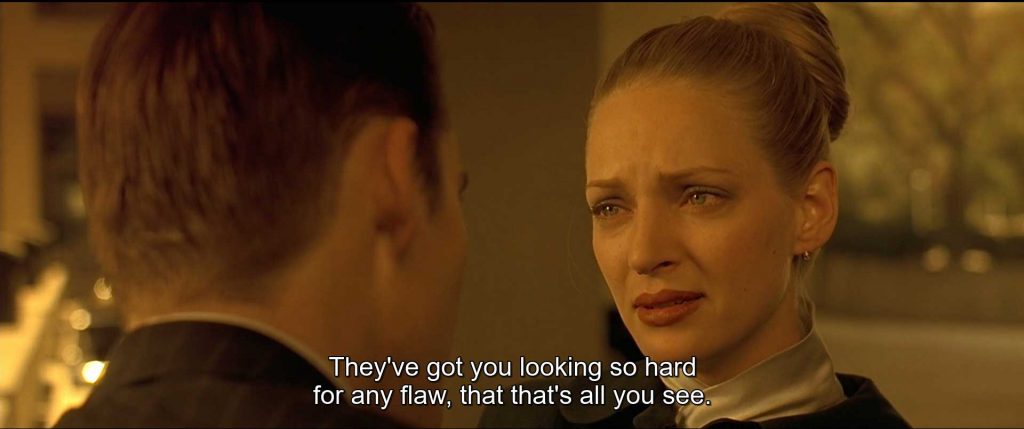
For me, another important question the film asks is: where do we go as a human race. The answer to me is clear. If you look from far enough in space, like the pale blue dot image that Carl Sagan made famous with his philosophical enunciations, you’ll realise we already are amidst the stars. We are where we need to be. What we now need, is to find ourselves. Go inside as much as we go outside to discover our common humanity.
Rohith Vemula wrote in his note that he was going from ‘shadows to the stars. Vincent in GATTACA feels he is ‘going home’ to the stars. The ideal future we can work to make, is where no Vemula or Vincent feel like they have to be anywhere else but here amidst us. This earth where we are is home. We are already amidst the stars.
In case you missed:
- How Lionsgate-Runway Deal Will Transform Both Cinema & AI
- Copy Of A Copy: Content Generated By AI, Threat To AI Itself
- A Data Centre on the Moon – From Sci-Fi to Necessity
- What are Text-to-Video Models in AI and How They are Changing the World
- Hey Marvel, Just Admit You’re Using AI – We All Are!
- Forget Smart Homes – Welcome to Your ‘Feeling’ Home
- AI Adoption is useless if person using it is dumb; productivity doubles for smart humans
- AI as PM or President? These three AI candidates ignite debate
- Rogue AI on the Loose: Can Auditing Uncover Hidden Agendas on Time?
- When Geniuses Mess Up: AI & Mistakes of Newton, Einstein, Wozniak, Hinton


